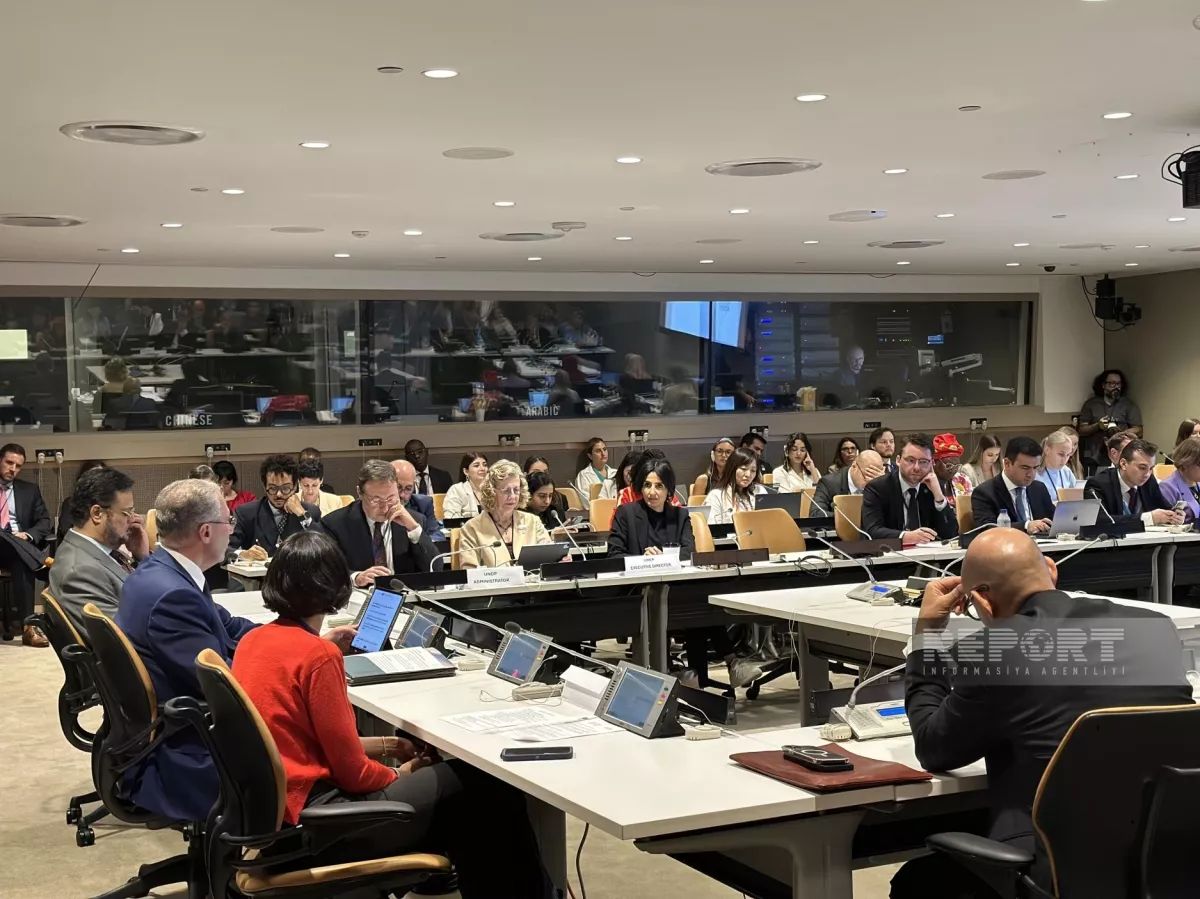Azerbaijan commits to restoring 270,000 hectares of land by 2030
Azerbaijan has pledged to restore 270,000 hectares of degraded and deforested land by 2030 as part of the Bonn Challenge.
This commitment was announced by Mukhtar Babayev, Azerbaijan's Minister of Ecology and Natural Resources and COP29 President, during the high-level debate on The Rio Trio Initiative at the UN headquarters in New York, Caliber.Az reports via local media.
In his remarks, Babayev highlighted the importance of international cooperation in combating climate change, referencing his recent visits to countries affected by environmental challenges. He noted the impact of changing rainfall patterns and rising temperatures in the Congo Basin on unique ecosystems, which in turn disrupt the livelihoods of local communities reliant on forests. He emphasized that deforestation not only diminishes oxygen supply but also exacerbates global climate change.
Babayev also addressed the catastrophic floods in Pakistan that have displaced millions and caused long-term damage to agricultural land, leading to increased desertification in vulnerable regions. He stressed that strengthening collaboration through The Rio Trio Initiative, launched under COP29, aims to deliver tangible benefits for both people and the planet.
Furthermore, he announced that Azerbaijan has established its first Marine Protection Zone in the Caspian Sea to combat climate change, water scarcity, and biodiversity loss, while also safeguarding critical ecosystems. This year, the country plans to plant 5 million trees to reduce carbon dioxide emissions and enhance air quality.
“We have to remove obstacles, develop innovation and take comprehensive solutions. The Rio Trio Initiative is a step in that direction. It is a recognition that problems are interconnected and therefore solutions must be interconnected as well,” concluded Mukhtar Babayev.
At the conclusion of the event, the “Rio Trio Joint Declaration” was adopted, with participation from COP officials from Colombia, Saudi Arabia, and Azerbaijan.

By Tamilla Hasanova








